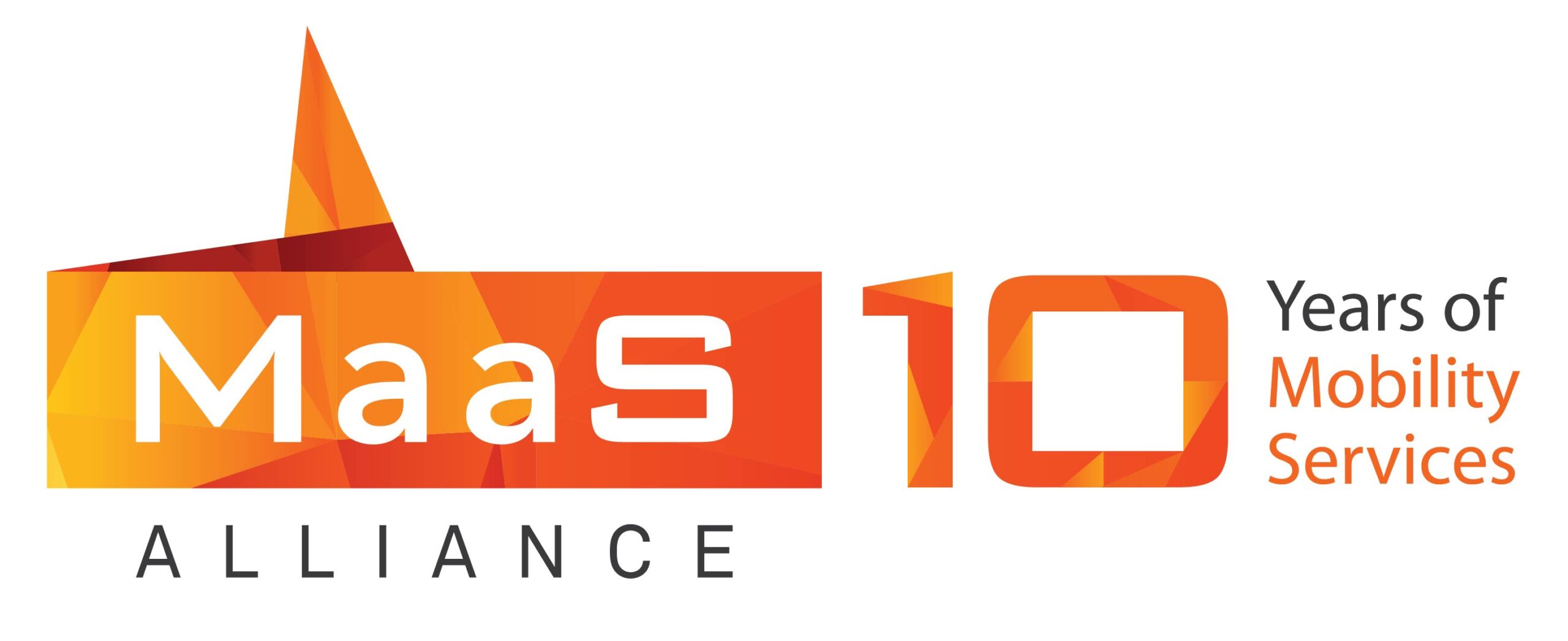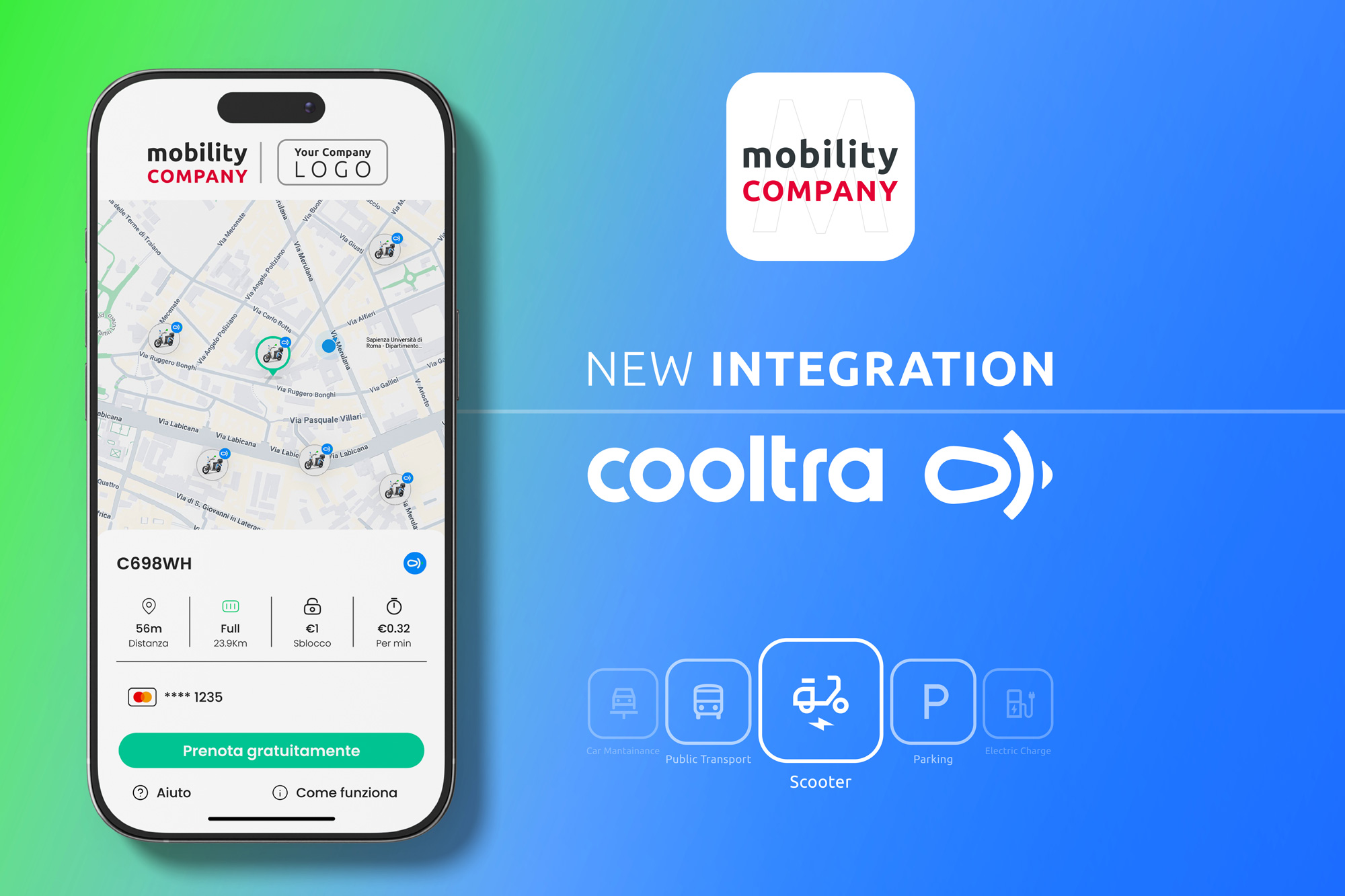
Mobility solutions are climbing up the corporate agenda at a pace, a fact underlined by the recently-published, latest edition of the Arval Mobility Observatory Barometer. It shows that internationally, more than seven out of 10 companies surveyed have already implemented mobility solutions, including the use of public transport (35%), ride-sharing between employees (34%) and corporate car sharing (28%).
Against this fast-moving backdrop, Arval Mobility Consulting – designed to provide expert support to businesses through their individual mobility transitions – was launched in March 2021 across 11 countries. We spoke to Shams-Dine El Mouden, Arval’s International Consulting Director, about this exciting new product and the rapidly changing world of mobility.
Shams, how has the pandemic changed client perceptions of employee mobility?
Covid-19 means that work patterns have altered significantly for many organisations and their employees, especially with the rise of teleworking, and things are unlikely to return to exactly how they were before. That means our clients look at their transport needs with fresh eyes and are very open to new ideas and new approaches. For businesses in that position, the introduction of alternative mobility solutions is the natural answer. Our feeling is that the pandemic has accelerated this trend dramatically right across the business world. The momentum behind mobility has been growing for many years, and there has been incremental progress, but it is not an exaggeration to say we have now seen a leap forward.
What is appealing to clients about mobility at this moment?
Mobility solutions offer a wide range of core advantages – reduced emissions, potentially lower costs and greater convenience among them – but the overwhelming appeal at the moment lies in their flexibility. A workforce that may choose on a day-by-day basis whether to operate from home, from the office or other locations requires a high degree of this flexibility. Giving employees freedom to choose their mobility modes depending on their destination, time, carbon footprint, or even the weather will be a key factor in attracting and retaining talent.
How does Arval Mobility Consulting fit into this picture?
Our corporate clients are facing new challenges. One of them is the assessment of employee mobility needs and expectations. The pandemic has completely disrupted the mobility of employees, whether professional or private. Arval Mobility Consulting has been developed to help our corporate customers meet these challenges. It provides a holistic approach designed to meet their aspirations in terms of employee mobility.
While there is widespread interest in mobility solutions, few organisations have the expertise or skillset required to research, create and implement a solution. This is where Arval is well-positioned. Right across all the countries in which we are launching Arval Mobility Consulting, we have been developing our expertise for many years, working with a vast range of clients. Our consultancy resources when it comes to mobility are probably the most comprehensive and well-proven available.
Is Arval Mobility Consulting a key part of Arval’s overall strategy?
Yes, it is a development of Arval’s established and successful Sustainable Mobility and Responsibility Targets (SMaRT) approach and a key part of the 360° Mobility element of the Arval Beyond strategy. The latter is a five-year plan designed to enable Arval to become an industry leader in terms of sustainable mobility solutions.
How does Arval Mobility Consulting work in practice?
It is based on a three-stage procedure. Firstly, Arval Mobility Consulting’s teams define the client’s sustainable mobility objectives from a corporate point of view and potentially for private employee travel. They then analyse employee mobility patterns using audit data to build an accurate picture of the current situation. Finally, based on this process, we then design the best mobility solutions package for each user type, including public transport, cars, bikes, scooters, car and ride-sharing, and more.
How much do the ambitions of your clients differ?
They can be dramatically different. Each has not just their own transport needs but their own priorities. Some will want to make savings. Some will place environmental considerations at the top of the agenda. Some will be looking to invest in mobility because they can see the potential business benefits that could be created. The beauty of Arval Mobility Consulting is that whatever the ambitions, a solution can be constructed to meet their objectives successfully.
Could you tell us about the key success factors you use?
We break it down into five parts. Firstly, we gain support from senior management to create corporate impetus. Secondly, we look for the appointment of a single contact dedicated to the project within the client business. Then we build employee support and acceptance because participation from members and social partners is crucial to bring about the practical and cultural changes required. Step four is to involve corporate neighbours, such as building synergies with nearby companies. Finally, we aim to bring about infrastructure change, such as working with local authorities to improve public transport.
Please tell us about an example of Arval Mobility Consulting in action?
Last year, we undertook an exercise with an IT services company. Working together with the client, we designed a new mobility policy. This defined clear targets, ambitions, and objectives to manage the transition to sustainable mobility, emphasising employee mobility analysis and profiling. We then created an overall solution to make this a reality, which took the shape of a new mix of mobility options and packages for employees, including identifying three specific mobility profiles for each of which we designed a dedicated mobility package.
The results are still very much in progress, but now new company car policy rules encompass hybrid and electric models. This has prompted a decrease in monthly fleet costs by 5.4% measured against budget capping and a reduction of up to 50% of benefit-in-kind expenses for drivers on some electric models – while savings from the car policy are being used to finance alternative mobility solutions for car eligible employees.
How do you see mobility developing over the next few years?
It is a very exciting moment. Interest in mobility solutions, the technology to support them, and an openness to new ideas on the part of clients are all converging – and Arval Mobility Consulting is perfectly positioned to help businesses maximise the potential benefits.
Source: Arval
Photo by Carlos Pernalete Tua from Pexels



